Keeping a regular blog for your guild or gaming clan is a great way to become part of the wider community for your title of choice. A well-kept blog can also be a great tool for gentle self-promotion and direct recruitment. But if you’ve never tried blogging before, or have attempted it in the past but found yourself stopping and starting, then the task can feel a little daunting. I hope these tips help you get to grips with running a blog successfully. If you have further ideas/experiences feel free to share them in the comments.
1. Which platform?
There are quite a few to choose from these days and it’s worth looking around. Personally I would recommend Blogger or WordPress as these are tried and true standalone options. They are both simple enough to get started with and offer a number of free customisation options. If you have a guild forum set up through something like enjin or Guildlaunch you may find there are options for a blog already available to you through these sites.
2. What to write?
Make sure your content is relevant and, as the saying goes, write about what you know. If you are a hard-core PvP clan then write about PvP. If you are role-players then fiction and in-character posting will work well. Big on crafting? How about sharing some crafting tips? Your blog is an extension of what your members are all about so always bear that in mind.
Here are a few ideas to get you started:
- Guild news or diary of recent activity
- Fiction/lore/roleplay posts
- Guides on PvP, tactics, quests, crafting – whatever it is you specialise in
- Battle reports or quest/raiding attempt write ups
- Opinion pieces on aspects of game-play (classes/equipment/play styles/set-ups)
- Opinion on recent in-game events or development news
- Reviews of game-mods or external game services
- Once you are up and running perhaps consider running a community event.
3. How to write?
Writing quality content is only going to have value if the finished post has been put together with care. Guild chat and forums myte b OK 4 riting lyke dis… but your blog is not. It takes just a few minutes to run a page of text through spell check and if writing is not your strongest point ask a friend (this doesn’t have to be an in-game friend) to read through the post and give you honest feedback. Big meaty topics or complex guides could be shared with your clan-mates on your forum for feedback before sharing with the wider community. Also, make sure you break your text up into paragraphs; there is nothing worse than trying to read a giant block of text online.
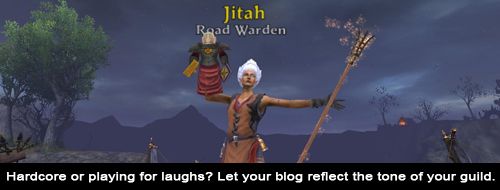
4. Beautify your posts
Once the text is ready to go consider adding a few accessories such as helpful hyperlinks or relevant images. This will help break up the text and make your post easier to read. But don’t go overboard. You don’t want someone to give up reading your otherwise excellent post because it was so overloaded with animated .gifs that they had a seizure. Images, links and videos should enhance your written content and not detract from it.
5. Less is more
When you’ve finished writing your post take a break from it. Go back a few hours or a day later and re-read it. Now try and delete as much of it as you possibly can. Yes, that’s right, delete it! It can be tempting to include lots of little details and anecdotes left right and center but think about your post from the readers point of view. People generally have very short attention spans online and at the end of the day you want visitors to get to the end of your post and take away a central message. Take a long hard look at what you have written and consider what can be taken away or rewritten. This can be very difficult to do but be prepared to be brutal. If you find you have an unavoidably lengthy article to write then consider breaking it up into two posts.
6. Post regularly and share the load
One post on the same day of every month is far better than 5 posts one week then nothing for 2 months. Some people are able to churn out quality articles every day but for others it takes more work to put that quality article together and so a blog can start to feel like a job. If you are in the latter category then set yourself a regular posting date (perhaps once a month or fortnight) and just focus on getting content up on these dates to start with.
You don’t have to be rigid with this rule of course but it may help you get started. If you get a flurry of post ideas that don’t have to be published straight away then consider saving them for “quiet” periods. You could also think about sharing out the writing duties with your guild/clan mates. Give two or three trusted members an area of game-play to write about and set them each a regular posting date. Even if the odd date is missed you will still end up with regular content going up and you won’t have to worry about churning it all out by yourself.

7. Promotion
Once your blog starts to take shape, then it’s time to think about promoting it. Ask guild members to add blog links to their signatures on forums. Directly post links on forums or in game (but check the posting rules of course). If you have biography options in game for players or your guild make sure your blog is showing up. Look for “community blog hubs” for your game of choice and make sure you have been listed. If you have Twitter or Facebook accounts for gaming make sure you are sharing your best posts here.
Most importantly of all; engage with other bloggers within your community. Comment on other people’s posts. Take part in community writing events. Ask other bloggers for feedback on one of your topics or ask fellow bloggers to add your blog link to their own sites (and you of course can return the favour). With all of these points always remember the golden rule – less is more! If you start spamming links all over the internet you will likely incur the wrath of your fellow community.
8. I spent all week writing my post but everyone hates it!
Spending hours on an article and sharing it with the world only to have it trashed in the comments section can be very disheartening. If you are a long-term gamer then the chances are you have quite thick skin already – you will certainly benefit from this when blogging, particularly if you touch on political events or hot-topics within your community. You can of course remove negative comments but this in turn may incur further community rage. In my own opinion it is far better to ignore, respond civilly or in the very least throw a bit of wit at Mr Hater.
As per point one, don’t try and write about things you don’t really know about. Also, asking for feedback before posting will often save you a few blushes. If someone is critiquing a guide or technical piece then take stock of their comments and take some time to explain your view-point further or do something outrageous and admit you were wrong. Remember – whilst a personal blog is about one person a guild blog advertises your whole guild. Calling someone obscene names for saying you were wrong is not necessarily a great advert (unless that is your thing of course). That being said, there is no need to put up with puerile abuse online and most blog writing platforms have report/remove/block options.
I hope this inspires you to take the plunge and get started. Good luck and happy blogging.




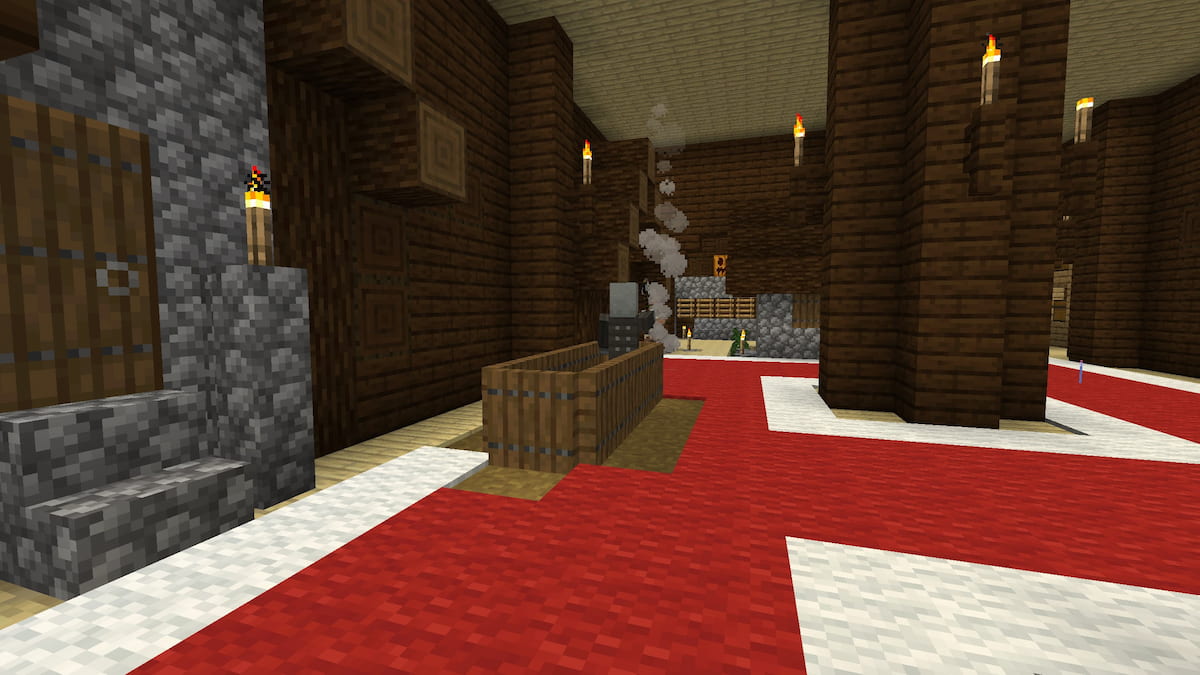
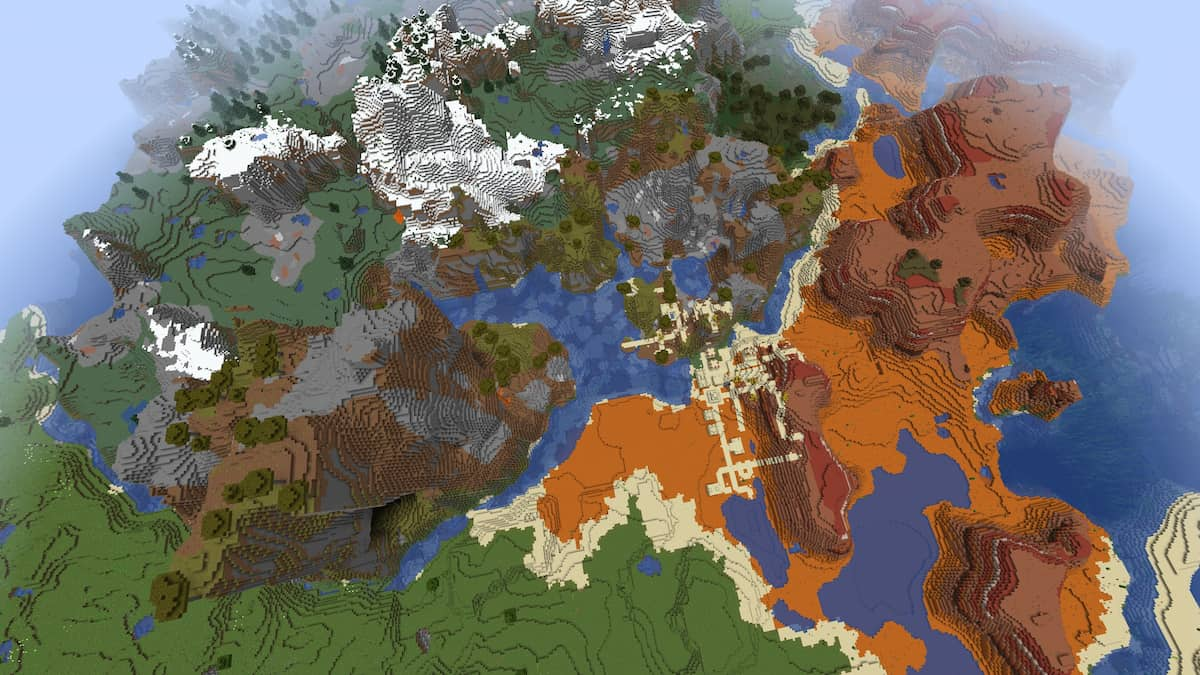
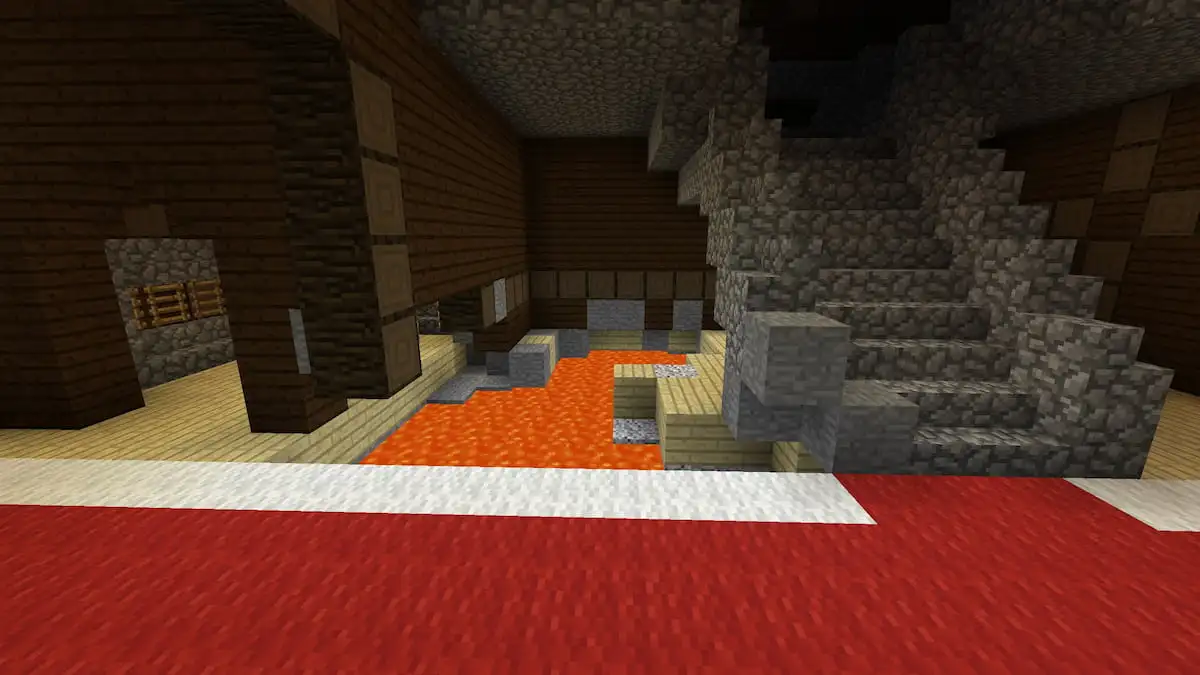
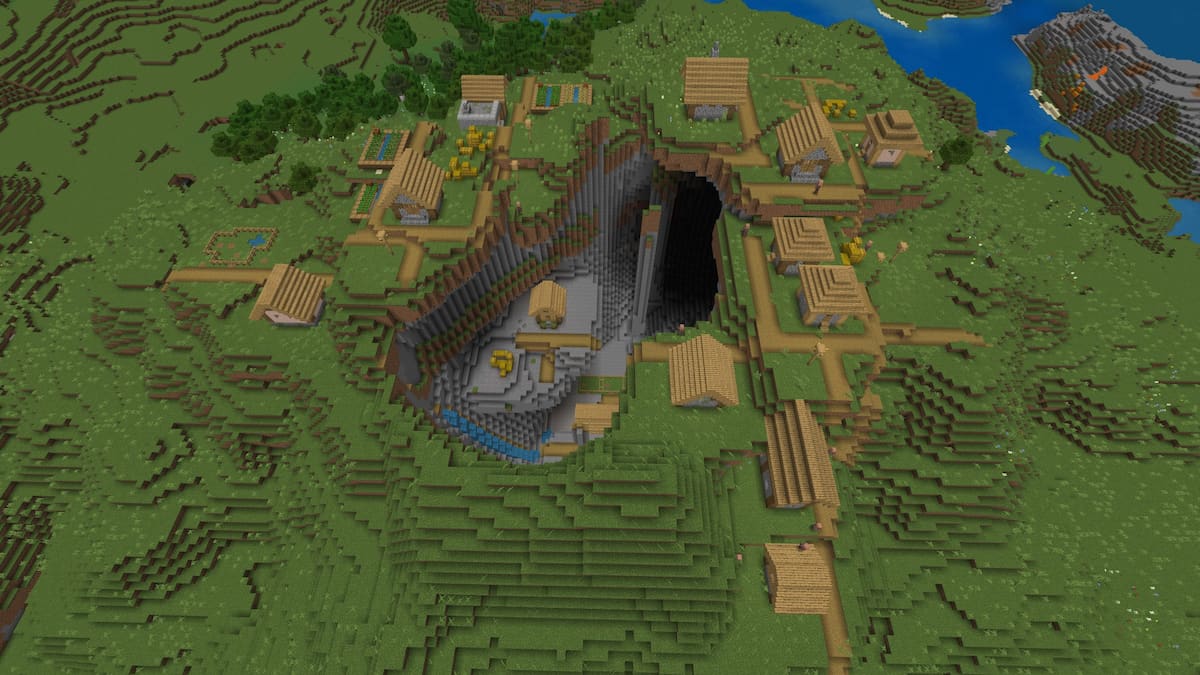
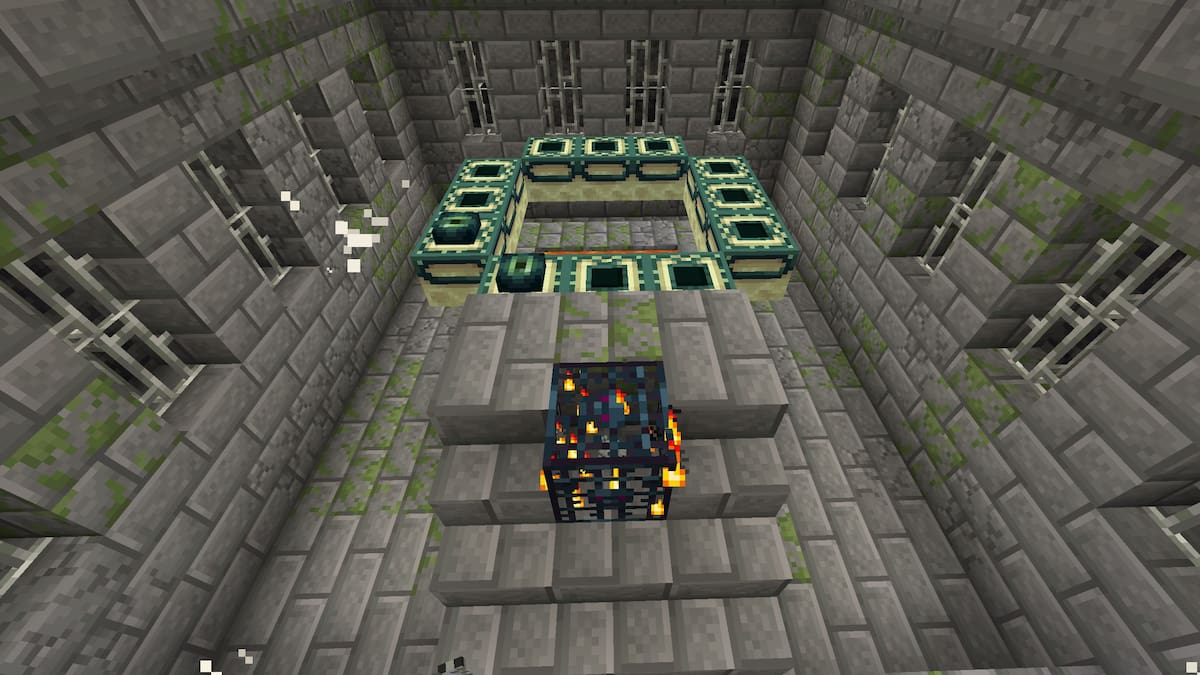
Published: Jun 28, 2013 01:32 pm